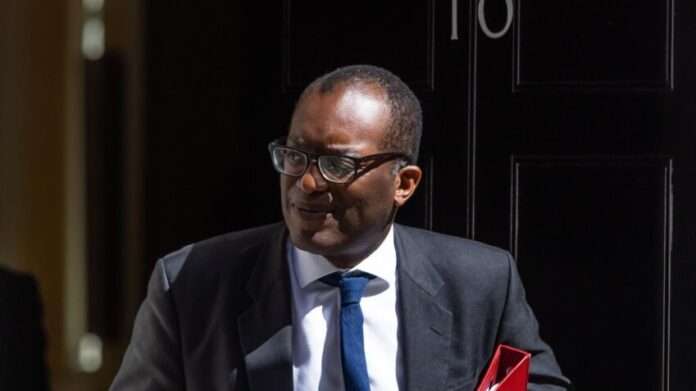The UK government has prevented the University of Manchester licensing vision-sensing technology to a Chinese company, on national security grounds.
The licence agreement was blocked under the National Security and Investment Act, which came into force this year.
The Times reported the government thinks the technology could be used in military drones or missiles.
The university said: “We will, of course, abide by the decision that has been made.”
It had “thorough internal processes in place to look at proposed international agreements”, it said.
“These were followed in this case and, in line with the legislation, we voluntarily referred this agreement to the UK government,” the university added.
‘Security risk’
The blocked agreement – with “Beijing Infinite Vision Technology Company Ltd”, reportedly a semiconductor company – was to develop, test and verify, manufacture, use and sell licensed products using “Scamp-5″and “Scamp-7” vision sensors.
These do not output raw images, the university’s webpage says, but perform their own computations, delivering “high-speed and low-power consumption” to enable “new embedded-vision applications in areas such as robotics, VR [virtual reality], automotive, toys [and] surveillance”.
Business Secretary Kwasi Kwarteng said there was the “potential that the technology could be used to build defence or technological capabilities which may present national security risk to the United Kingdom”.
Former Conservative Party leadership candidate Tom Tugendhat MP welcomed the intervention, on Twitter.
The BBC is not responsible for the content of external sites.View original tweet on Twitter
The Chinese embassy has been approached for comment.
Reaction among users of Chinese social-network Weibo has been critical, BBC China analyst Kerry Allen reports, with some saying the UK must co-operate with Chinese companies to stay on track with the country’s rapidly developing technology.
Earlier this year, Mr Kwarteng launched an assessment, on national-security grounds, into the takeover of the UK’s largest microchip plant, Newport Wafer Fab, by Chinese-owned company Nexperia.
The chips produced by the plant are not cutting edge, experts suggest, but critics of the deal say the manufacturer is of strategic importance to the UK.
And this month, MI5 director general Ken McCallum and FBI director Chris Wray warned business and academic leaders Beijing wanted their “world-leading expertise, technology, research and commercial advantage”.





